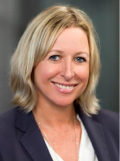In our last post for the time being in our series about leadership, Catherine Burrows looks at what we have learned from the leaders she interviewed, as well as adding some thoughts of her own.
Catherine is a founding partner of Executive Coach Exchange and the CEO and owner of Innoverum – independent consulting. Prior to this, she was a senior leader in the NSW Government, responsible for a $1.8b budget and strategy and policy, planning and reporting state-wide.
What did we learn from our leaders?
We learned that different kinds of people can be leaders. Each of the leaders we spoke to had a different way of talking about leadership and an individual approach to leading others. However, they agreed that good leaders must have a strong and engaging vision.
We learned that leaders need followers, so leaders need the ability to engage people with their vision. They all stressed the importance of effective communication, to help people understand and accept their leader’s vision and then work towards achieving that vision.
We also learnt that effective communication is more than speaking. We heard about the importance of listening, discussion and sincere consultation, particularly in organisations which are built from the grassroots up.
All the leaders told us about the importance of being courageous. They mentioned strong values and making decisions based on good evidence. They talked about recognising when you need to step up; and not taking a backward step when you know what needs to be done.
Our leaders also talked about the necessity of looking over the horizon, being aware of what was coming and alert to ‘rumblings’. This skill meant that leaders were able to plan further in advance and help their staff and their organisations prepare for the future.
Who inspired our leaders?
Different leaders were inspired in different ways. They mentioned the importance of being open to new ideas and recognising that you don’t know everything.
We also learned about the impact different kinds of people had on our leaders at different points in their lives.
Several people mentioned being inspired by someone who had led them and who had said something which had changed their mindset or who had behaved in a way that led our (then future) leaders to behave in the same way. I wonder if those people realised how long-lasting and significant their impact would be.
Where to from here?
Recently I was in a situation which made me think about good leaders and bad bosses. I was surfing in a very big sea and the waves were crashing into the sand. Most of these waves, the ‘dumpers’, were impossible to catch, so we were all avoiding them by diving under them, stepping backwards or pushing through if they weren’t too big.
Once the dumpers had crashed onto the sand, most of them had little power left. They had built up and then expended all their energy in a single violent movement.
There were a few excellent waves though. They broke beautifully and everyone tried to catch them. When we succeeded, we found these waves had the power to carry us right through to the shore.
The good waves were like good leaders. They built up momentum and energy and carried people with them. People wanted to get on board and be part of the experience.
The dumpers reminded me of bad bosses. There was a lot of noise and energy but comparatively little forward motion. They were violent, so most people used strategies to avoid them. Those who tried to get on board were thumped into the sand. They were unpleasant and some were even frightening.
Leadership is a privilege. To be given the task of leading others means you must earn their trust and remain worthy of that trust. You need to lead in the right direction, communicate effectively to carry your followers with you, and be courageous in standing up for your values and taking your people where you need them to go.


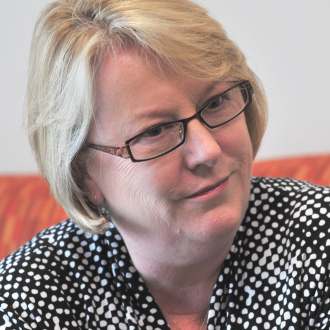
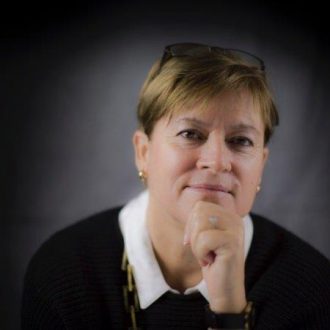

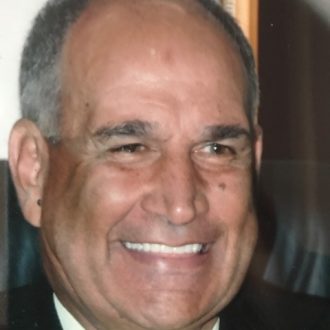

 This year we’ve seen some great discussions about the importance of time off. From this
This year we’ve seen some great discussions about the importance of time off. From this 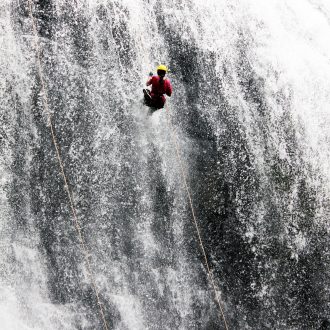 However, the client I learned the most from this year was one who found coaching extremely challenging. I am going to call them Lee.
However, the client I learned the most from this year was one who found coaching extremely challenging. I am going to call them Lee. Thanks to our great clients, coaches, partners, colleagues and supporters, we’re celebrating our first year in business. We’ve built many strong relationships this year, and we’re looking forward to strengthening them further over the next year.
Thanks to our great clients, coaches, partners, colleagues and supporters, we’re celebrating our first year in business. We’ve built many strong relationships this year, and we’re looking forward to strengthening them further over the next year.